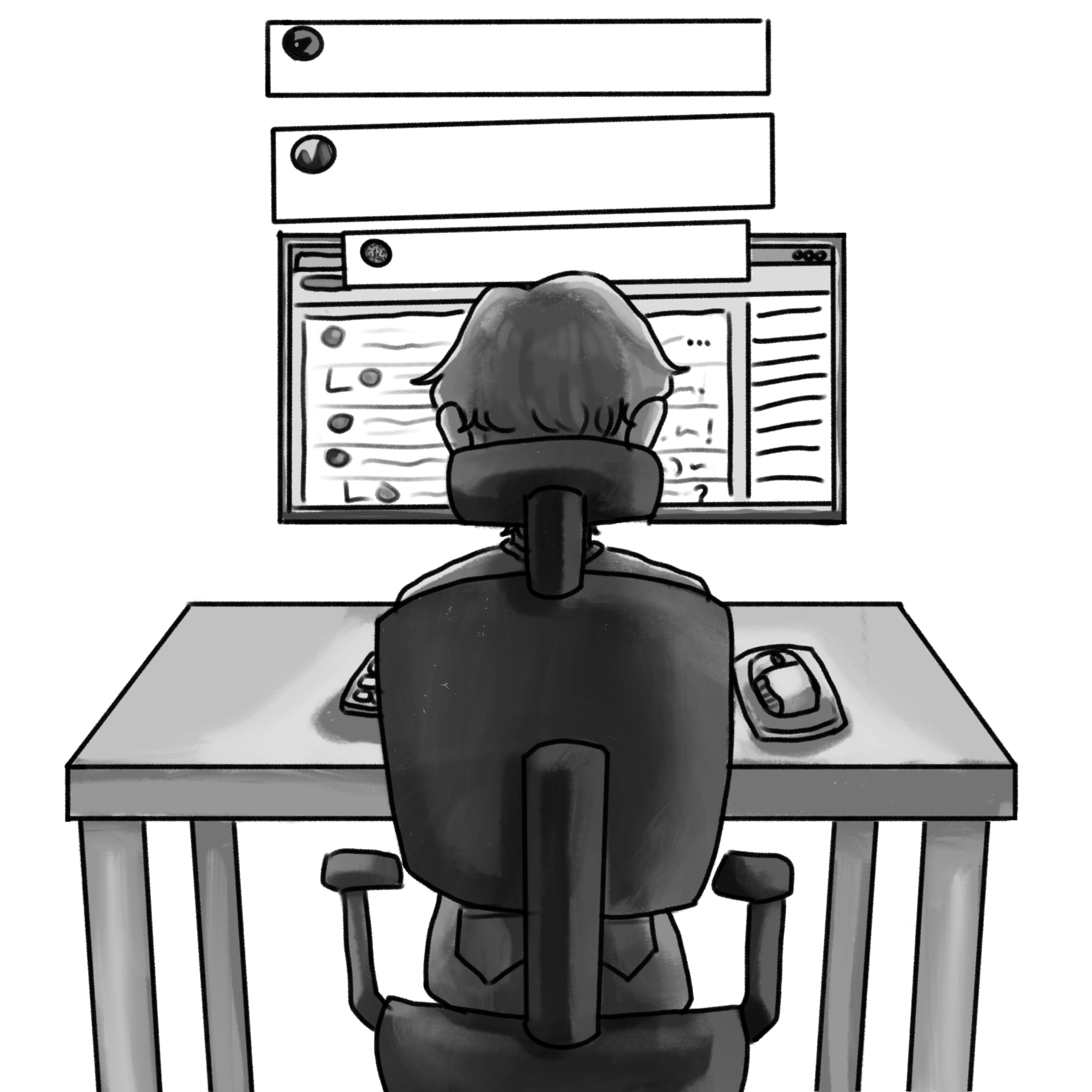In April 1988, Margaret McIntyre, a citizen of Westerville, Ohio, was handed a $100 fine for distributing a leaflet that opposed a local school tax. The small fine, equivalent to around $250 today, was appealed, unappealed, and nearly seven years later made it all the way up to the Supreme Court. The reason for the controversy wasn’t the amount of the fine, or what the leaflet said. It was simply that the opinion expressed on the leaflet distributed by McIntyre was anonymous. In a 7-2 decision, the Supreme Court struck down the fine, and in its ruling decreed that “anonymity ... exemplifies the purpose behind the First Amendment in particular: to protect unpopular individuals from retaliation ... at the hand of an intolerant society.”
The decision was written in 1995, well before the rise of social media. In the 25 years that have elapsed since, there have been many attempts to ban our right to anonymity — especially online. In 2021, a proposal seeking to require IDs on social media platforms received nearly 700,000 signatures in the UK, making it the fourth largest petition in the past five years to be debated in the United Kingdom Parliament. In the Republican primary last year, former U.S. ambassador to the United Nations Nikki Haley referred to anonymous accounts on social media as “a national security threat.”
The petition, a response to anonymous accounts involved in cyberbullying, expresses a common belief: that banning anonymity on social media, for example by requiring people to verify themselves with an ID, would lead to a more civil, less misinformed internet. And in theory, it makes sense — according to Pew Research, almost 60 percent of teens have experienced abuse online, often at the hands of a user with a mysterious pseudonym.
But while it’s possible that the amount of cyberbullying from anonymous accounts would be slightly reduced if anonymity were banned, cyberbullying as a whole would remain. In 2015, a research study published by Dr. Emily Nagel and Dr. Jonathan Frith showed that many accounts that spread misinformation and cyberbullying are not anonymous. This is why BBC journalist Hussein Kesvani noted that even on sites like Parler, where users have to prove their identity with documentation, there are high levels of abuse. And every act of cyberbullying that does still occur would be much more dangerous. Anyone with internet access, armed with just the knowledge of a person’s real name, can determine that person’s address, place of work, and other personal details.
Furthermore, out of fear of stalking and more intense cyberbullying, the posting of controversial beliefs or ideas would be virtually impossible without the right to anonymity. Thus a ban on online anonymity would spell the end to a free internet that, while flawed, continues to provide invaluable benefits to society. Every year, anonymous internet forums allow millions of people to seek medical advice, answer sensitive questions, and have important conversations. To minorities and other at-risk groups, online support can mean the difference between life and death. After Roe v. Wade was overturned in 2022 and abortion became banned for women in 13 states, many anonymous Reddit and Facebook accounts provided transportation and housing resources for women seeking to have an abortion.
Internet anonymity, through ensuring free speech, has also given regular people the confidence and ability to join movements such as #MeToo, which exposed cases of sexual harassment among high profile celebrities. Forcing users to disclose their identity would silence calls for justice, as victims would fear for their job security, social reputation, or safety.
In authoritarian regimes, the risks of a global platform like Twitter or Instagram cracking down on the use of pseudonyms or other tactics that create anonymity would be even more severe. While whistleblowers and dissidents in democracies like the United States have avenues of expression aside from social media, in many autocracies, anonymous posts on social media are a powerful form of protest and dissent.
Finally, in less extreme daily situations, internet anonymity is also important in allowing people to express their true selves. A study published in the Journal of Social Issues showed that when shielded by anonymity, people are more honest and thus “more likely to form close relationships with people they met on the Internet.”
Online anonymity is central to so many of the rights we should all be able to enjoy — freedom of speech, freedom of the press, privacy, and self expression. It’s time that tech companies, governments, and angry internet users should start to treat it that way.
